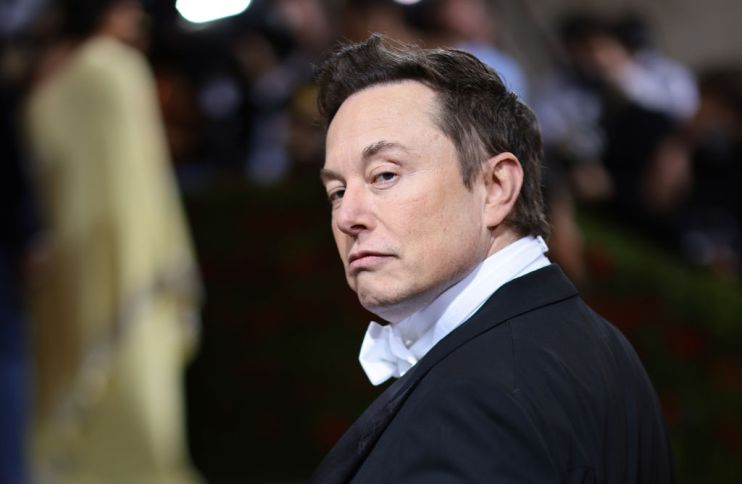A little birdwatching: Are tech firms like Musk’s Twitter ready for regulation?

ELON MUSK’s dramatic takeover of Twitter – complete with firing the entire management team and half the staff – has been the talk of, ahem, Twitter for the past week, as well as much of the rest of the world. It has also divided opinion amongst the most strongly politically engaged. Many on the right have seen the purchase as a major positive step, claiming it will lead to so-called conservative voices no longer being ‘suppressed’ on the platform. Others on the left have seen Musk’s moves as a threat to democracy and much else besides.
The argument over Twitter, though, is symptomatic of wider shifts – namely, the politicisation of tech and social media in particular. That is perhaps inevitable considering the huge reach of these platforms; Twitter’s last reported financial statements showed it had close to a quarter of a billion average daily users, whilst Facebook has just under two billion. As Donald Trump showed in 2016, a politician who can handle social media effectively can become quite literally the most powerful person in the world.
In short, social media always seemed set to run into political battles sooner rather than later. After all – it’s social media, and politicians have always regulated the media industry, recognising the outsized impact those organisations can have on the population.
Of course, there have been concerns raised before over the threat to democracy posed by the tech players. To bring back Trump, look at the anger directed towards Facebook and the Cambridge Analytica affair over the role in the 2016 elections. That led for calls for the tech companies to clean up their act and clear out disinformation.
Yet it seems as though the mood music has stepped up a gear over the past 12 months.
The most extreme example is what has happened in China, where the authorities have reined in the major homegrown tech players, mainly through a framework of antitrust investigations and regulatory restrictions.
The mighty three of Baidu, Alibaba and Tencent have been reminded in no uncertain terms who retains ultimate power in China (there are plenty of other examples, such as the fate of Didi, China’s equivalent to Uber).
Yet it is not just constrained to China.
India has instigated bans on Twitter and Tiktok, one in response to allowing criticism of the government, the other following border clashes between China and India.
In Europe, there have been less overt moves to institute bans – which would be very unlikely to succeed – but more moves to institute controls via regulation, backed up by heavy fines. The UK’s proposal, for example, to fine social media companies up to 10 per cent of their global turnover falls into that camp, as do the fines issued by countries such as France, Ireland and Italy for rule-breaking.
It is in the United States though where the key battle – at least for the non-Chinese tech giants – will be played out. We are still digesting the results of the latest mid-term elections just held but one thing is clear is that both the Democrats and the Republicans see the tech sector as ripe for control. Multiple states have launched class-action suits against the major tech players. In Congress, politicians have reached across the aisle to bring forward legislation.
It may be that such moves go nowhere, or have little effect. But the tech giants are weakened in a way they were not even 12 months ago. Their share prices have fallen markedly and revenue growth rates slowed. At the same time, their executives – particularly Mark Zuckerberg at Meta – are coming under increasing attack for their corporate strategy.
The companies have responded by cutting back non-core projects and even making redundancies but investors smell blood. The aura of invincibility has gone.
It may therefore be that politicians see now as the right time to strike. It should be alarming to the tech giants that probably the one clear winner from the midterms was Ron DeSantis, the Republican Governor of Florida, who massively outperformed his party and is now in arguably a strong position to go for the 2024 Republican Presidential nomination. He has taken an aggressive anti-tech line and, as his moves against Disney in reaction to the latter’s criticism of state legislation have shown, he is not afraid to move. American economic history also shows that effective regulation occurs when both sides agree on the problem, which is the case now. One to watch.
Ian Whittaker is a media and tech analyst and the founder and managing partner of Liberty Sky Advisors